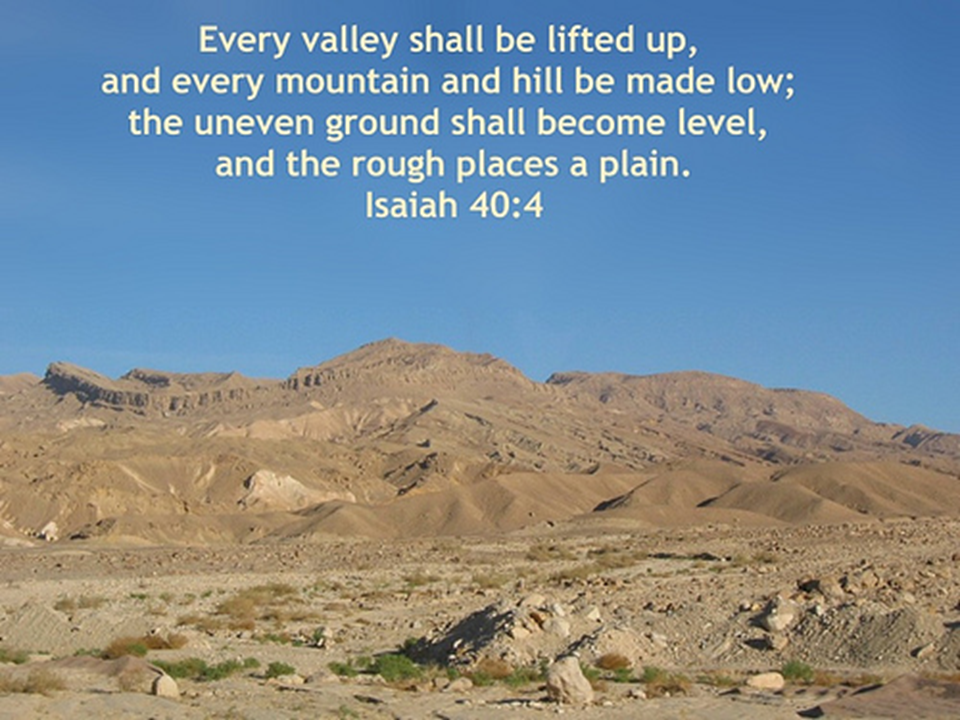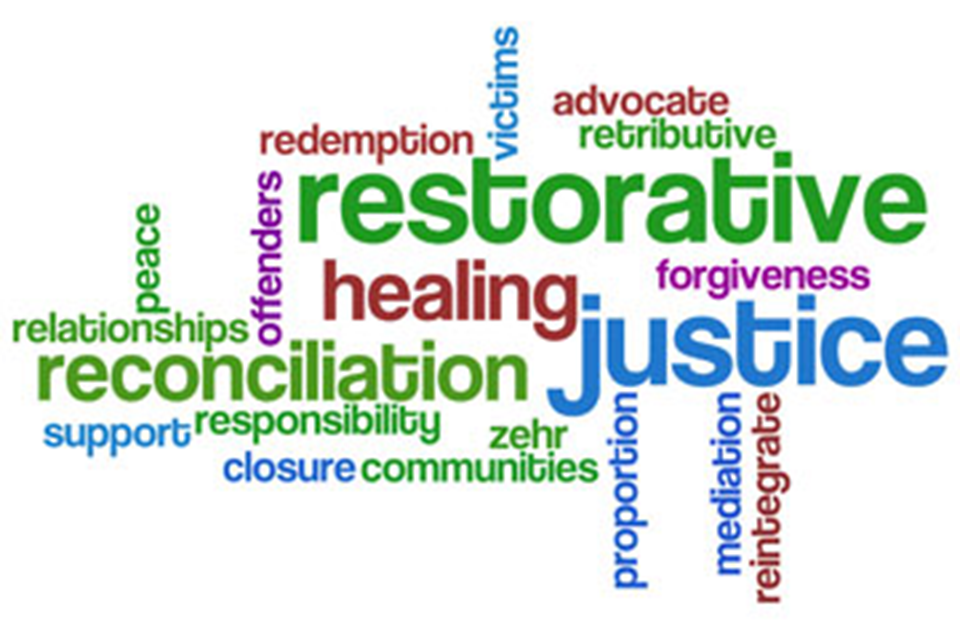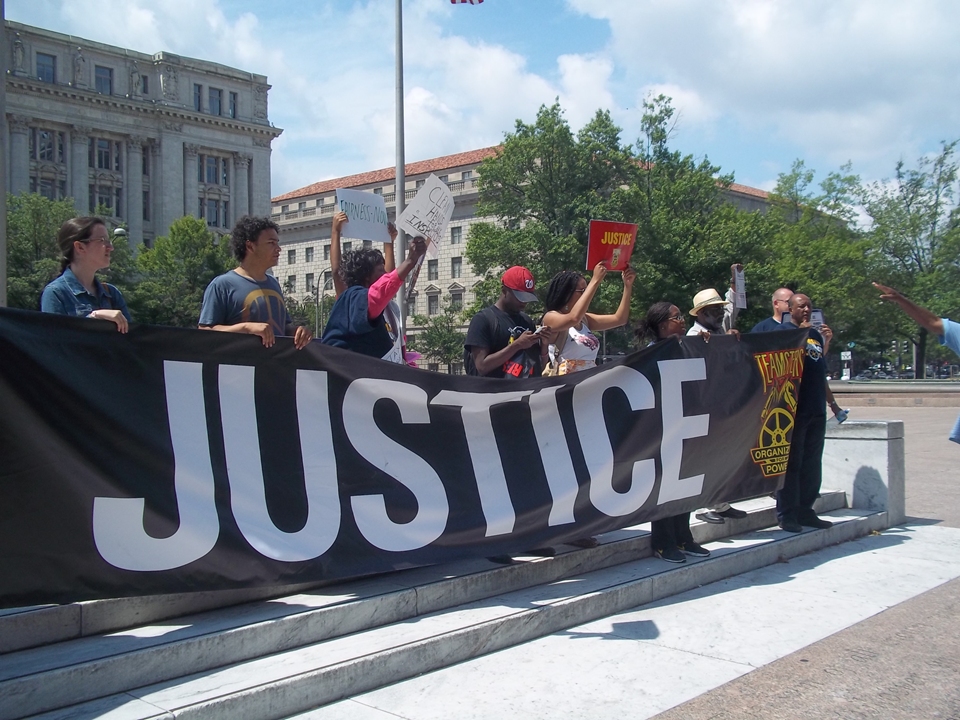 If you are a Bible nerd like me, you may be interested to know that there is a palindrome in today’s scripture reading.
If you are a Bible nerd like me, you may be interested to know that there is a palindrome in today’s scripture reading.
Don’t look for it in your English translation. Palindromes get lost in translation.
For example: “taco cat.” In English, it’s a palindrome. The letters are the same in each direction. Whether you read it from left to right, or right to left, the letters are the same. T.A.C.O.C.A.T.
But translate it into Spanish, and you get taco gato. Or, gato taco. Which sounds kinda cool... but it’s not a palindrome.
And, of course, a palindrome in Spanish gets lost when translated into English. In Spanish, luz azul is a palindrome. But translate it into English and you get “blue light.” Not a palindrome.
In our scripture, the second half of verse 4, is a palindrome in Hebrew. Well, almost. At some point in history, a scribe - copying the scroll by hand - made a typo, which ruined the perfect palindrome. But it’s close; and, in an earlier version that is now lost to history, it probably was a perfect palindrome.
 Our translation:
Our translation:
The uneven ground shall become level, and the rough places a plain.
In ancient Hebrew, that is - the ancient typo aside - a palindrome.
Why is this so cool? (Other than the fact that palindromes are always cool…)
Think about what was happening: Isaiah is talking about the people who were forced to migrate, people who were taken out of their homeland and made to march east, to a new land where they lived in captivity; all this, Isaiah says, was punishment for their sins.
But now their sentence has been completed. Now the penalty has been paid and the term has been served. Now they are being allowed to return west, back to their homeland. Once their return is complete, the movement of the people will have an out-and-back motion to it.
They were taken out… and they were brought back. They went one way, then came back.
Just like a palindrome.
Cool, huh?
So the people have been in captivity. In Babylon. In exile. Taken by force to a land they did not want to go to after being forced out of the land they called home.
As I said, according to how they understood it, God allowed them to be taken into captivity as punishment for their sins. But now their time in captivity is over. Their sentence has been served.
Having completed their sentence, their time of punishment, God is making an easy path for them to return to normal living. With the penalty paid, there should be no obstacle to a full and complete restoration of their lives. There will be no mountains in their way. There will be no deep valleys. The road will be level and smooth, with no rough places.
It will be easy traveling.
That is God’s justice. Sin has consequences, but even in the punishment, there is grace, there is forgiveness, there is reconciliation, and there is renewal. The penalty is always fair, and once it has been paid, the sin is wiped clean.
 This is not the case for people in our society today who have served their time in prison, paid their penalty, and are released back into society.
This is not the case for people in our society today who have served their time in prison, paid their penalty, and are released back into society.
People released from prison in the United States face stigma and countless obstacles. They can’t get a job. Sometimes they are released into society and they have no resources other than the clothes on their backs. No home. No money. Just pushed out of the gate.
The path before them is full of obstacles. Mountains do stand in their way. The path is not smooth. No wonder so many end up back in prison!
In California, youth who are sent to prison and then released… 90 percent of them end up back in prison. The path back to stability, the path to becoming a contributing member of society, just has too many obstacles.
In many parts of the country, the voting rights of prisoners are never reinstated. Six million Americans who have paid their penalty have not had their voting rights reinstated. Their sentence was served, the penalty paid, all with good behavior, yet the right to vote is denied to them forever.
And because more people of color are sent to prison than white people, half of all African American men, in some parts of the south, have had their right to vote taken away from them. Even though their penalty is paid and their sentence has been served, they are still being punished. On the path to reestablishing themselves in society, there are mountains too high to be crossed, valleys too deep to be crossed, and roads that are too rough to travel upon. Their exile from society is permanent.
Isaiah makes it clear that, for the people of God in Babylon, there would be no obstacles to returning to normal life. A voice cries out: “In the wilderness, in the desert, prepare the way of the Lord, make a highway for our God. Every valley shall be lifted up, and every mountain and hill be made low; the uneven ground shall become level, and the rough places a plain.”
 In some places today, restorative justice programs are helping. Youth completing a restorative justice program, instead of having a 90 percent recidivism rate, have a recidivism rate of less than 20 percent. Isn’t that remarkable! Restorative justice programs help young offenders become contributing members of society. Restorative justice programs help make the road level and smooth, with no rough places.
In some places today, restorative justice programs are helping. Youth completing a restorative justice program, instead of having a 90 percent recidivism rate, have a recidivism rate of less than 20 percent. Isn’t that remarkable! Restorative justice programs help young offenders become contributing members of society. Restorative justice programs help make the road level and smooth, with no rough places.
We need more restorative justice.
Most of the justice in this country is punitive and retributive. It’s only goal is to punish. It does not help people reclaim their place. It does not help restore individuals. It does not help restore society.
Restorative justice is a way to smooth out the roads and remove the rough places. Here’s an example of restorative justice in action...
Two youth were caught spray painting swastikas on a synagogue in Des Moines. The synagogue initially wanted harsh punishments, but the judge asked the rabbi if they would be willing to work with the youth in a restorative justice program.
I read about this in Sandhya Jha’s new book, Transforming Communities. Sandhya Jha writes that “the youth met with holocaust survivors who had gone into hiding after the tagging of the synagogue. They explained to the youth the horrors of the extermination camps and what the symbol had done to their families.”
A part of restorative justice involves allowing those who committed the crime to face head-on the harm that they have caused.
Meanwhile, “the synagogue members learned that one of the youth had been seriously bullied throughout childhood in part due to hearing loss and speech problems. The Aryan nation, recognizing his vulnerability, recruited, embraced, and mentored him with the goal of him becoming a leader in his hometown and recruiting other white supremacists…”
Through hours of conversation “they began to recognize one another's humanity.” The youth agreed to spend many hours cleaning the synagogue & studying Jewish history. And the synagogue got the young man a hearing specialist.
Restorative justice is not easy, but it has a much greater likelihood of producing a positive outcome. It has a much greater likelihood of lifting up valleys, bringing low the mountains, making uneven ground level and rough places smooth. Without restorative justice, the youth who vandalized the synagogue would have gone to prison or juvenile detention, and would have likely remained committed to white supremacy.
But with restorative justice, youth who fall into crime have a much greater chance of coming back up out of crime. Down, and back up. In, and out. Back and forth. Restored to where they once were.
 So Isaiah hears a voice; a voice that says,
So Isaiah hears a voice; a voice that says,
“Clear the Lord’s way in the desert! Make a level highway in the wilderness for our God! Every valley will be raised up, and every mountain and hill will be flattened. The uneven ground will become level, and rough rough places will become a plain.”
Then, going on a bit further, that same voice says: “Cry out!”
And the prophet, who has been listening to all this and writing it down, seems taken aback. “Me? You want me to cry out? What shall I cry?”
And the voice says: “Lift up your voice! Lift up your voice with strength, O Jerusalem, herald of good tidings, lift it up, do not fear; say to the cities of Judah, “Here. is. your. God!”
Cry out.
Lift up your voice…
We need voices lifted up, calling for justice. We need voices raised, calling for the rough places to be made plain.
Because in our world, there are a lot of rough places.
I talked about the situation of those coming out of prison; now I’m going to talk about the situation of those going in to prison.
 The United States sends more people to prison than any other country.
The United States sends more people to prison than any other country.
The United States has for-profit prisons which depend on prisoners being sent to them. The prison industry is big business in the United States, and so often in these times, when our leaders have to choose between big business and the people, they side with big business.
No wonder so many are sent to prison for long prison sentences, for minor crimes.
No wonder so many more people of color are sent to prison than white people.
No wonder crimes that tend to be committed by African Americans receive harsher penalties than crimes committed by white people.
A man who embezzles millions of dollars ends up in prison for six months or a year, but someone who robs a person on the street for one hundred dollars can end up there for life.
We have an unjust, unfair, racist system of incarceration in this country.
That is not God’s justice.
In the midst of this, the voice says: “Cry out!”
In the midst of this, the voice says: “Lift up your voice.”
In times of injustice, it is always the poor who suffer. The poor who struggle day to day. The poor who have little influence in the halls of Congress or in the White House, because they can’t contribute significant financial sums to reelection campaigns.
In the last election cycle, during the debates for president, the poor were never mentioned. The middle class was mentioned a lot, but the poor were never mentioned. Not once. Not by either of the two main candidates.
 In the midst of this, the voice says: “Cry out!”
In the midst of this, the voice says: “Cry out!”
In the midst of this, the voice says: “Lift up your voice.”
What shall we say when we cry out? What shall we say when we lift up our voice?
We shall say, as the prophet did: “Here. is. your. God.”
Here, in the faces of prisoners, is your God.
Here, in the lives of the poor, is your God.
Here, in the faces of those who have been mistreated, is your God.
Here, in the lives of those who have been treated unjustly, is your God.
Here, in the faces of those who have been judged more harshly because of their race, is your God.
Here, in the lives of those who have had obstacles put in their path, is your God.
Here, among those who have struggled over paths that have not been made smooth but have been made ever rougher by those in power, is your God.
 Jesus was one of them.
Jesus was one of them.
He was born to poor parents, who were forced from their home by an oppressive ruler; parents so poor that they had to give birth to him in a stable, among livestock.
They became refugees shortly thereafter, fleeing to Egypt to escape a murderous regime.
Growing up in Nazareth, Jesus endured the prejudice of those who insisted that nothing good could come from that place.
He witnessed the brutality of Rome against his own people.
Certainly, God could have chosen to have the messiah come to earth a different way. He could have been raised in a palace, like Moses. He could have been a king like David.
But, through Jesus of Nazareth, God chose to identify with the least of the least.
No wonder, then, that Jesus himself became a voice crying out against oppression and injustice. No wonder Jesus lifted up his voice against unjust economic policies.
And so, as followers of Jesus…
As those who celebrate his birth every Christmas…
We are called to join with Jesus. We are called to cry out. We are called upon to lift up our voices, to demand justice.
For the poor. For prisoners. For the oppressed.
We must cry out and lift up our voices against the policies and plans of those who pass laws that penalize the poor, laws that exclude people for reasons of race or religion, laws that take from the people and give to big business, laws that take away healthcare from children in order to fund tax breaks for private jet owners.
Isaiah wasn’t afraid of ruffling feathers.
Jesus wasn’t afraid of a few negative comments on facebook.
They cried out for justice. They raised their voices for what is right.
As followers of Jesus, God calls upon us to do the same.